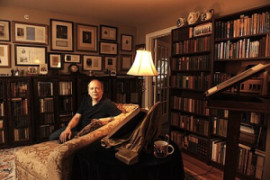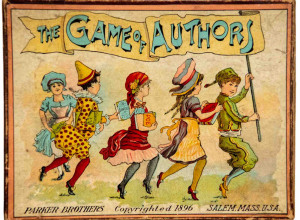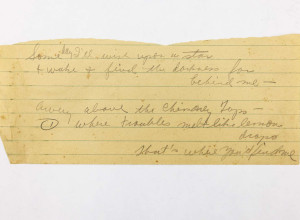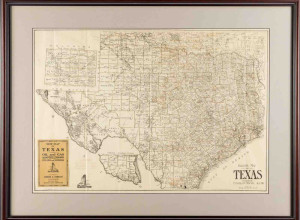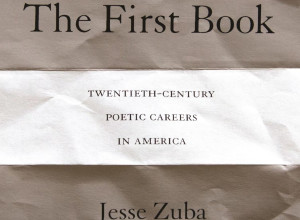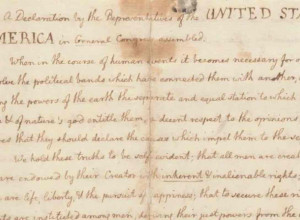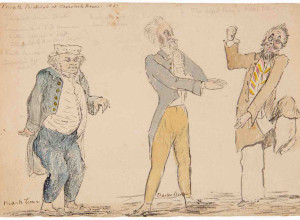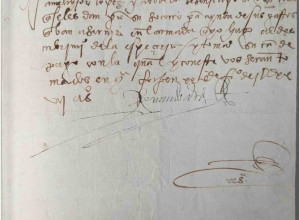New York Public Library Announces Major Exhibition for America's 250th Celebrations
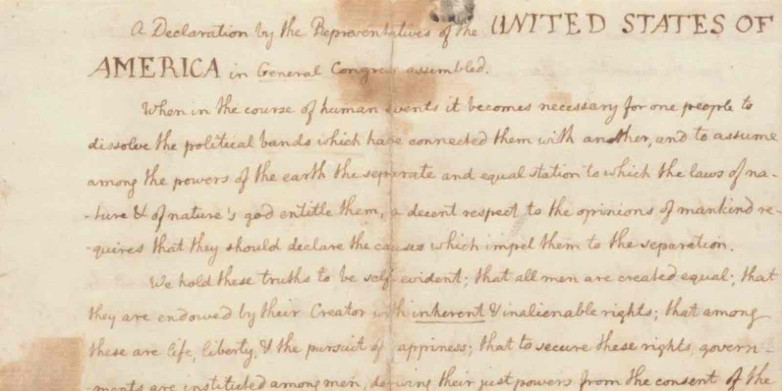
Thomas Jefferson, fair copy of the Declaration of Independence
The New York Public Library has announced plans to commemorate the semiquincentennial of the United States with a 2026 public viewing of The Declaration of Independence and a sweeping five-part exhibition spanning 250 years of history.
It will display its manuscript copy of the Declaration of Independence from July 1 to July 3 next year, 250 years after the Founding Fathers ratified the landmark document. The library’s Manuscripts and Archives Division holds a fair copy of the original manuscript of the Declaration of Independence handwritten by Thomas Jefferson which differs from the version that was ratified on July 4, 1776. The most notable difference being a lengthy condemnation of the slave trade which was later removed to appease delegates from Georgia and South Carolina.
“We are proud to offer not only a rare opportunity to see the Declaration of Independence, but also an entire exhibition that explores the enduring ideals outlined in this consequential document," said Anthony W. Marx, President and CEO of The New York Public Library. "At this critical juncture in our nation’s history, libraries are well-positioned to help the public better understand where we stand, how we got here, and the democratic ideals we are constantly striving for.”
The Stephen A. Schwarzman Building will devote all of its galleries to this Revolution: 1776 and Beyond exhibition which will open June 2026 with some galleries remaining open through January 10, 2027. It will explore New York's role in the first months of the American Revolution, and the ways that patriots, loyalists and conservatives, women, enslaved people, and indigenous people navigated this uncertain terrain.
The exhibition will also consider the global revolutions that followed, and highlight the central role of protest in American history, putting on display correspondence between Benjamin Franklin and George Washington.






